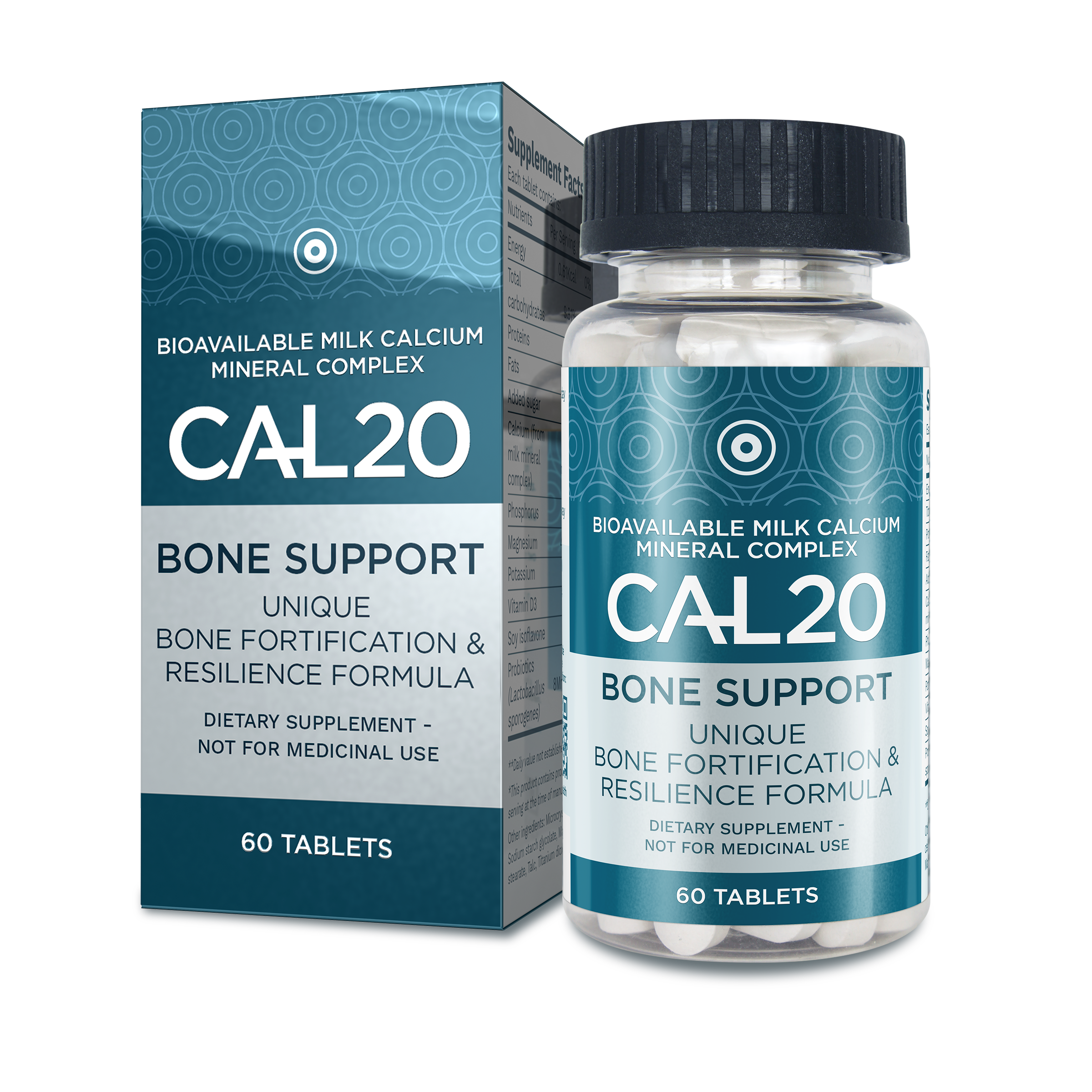The following article is an excerpt from the book Younger for Longer by Dr. Duncan Carmichael
You have surely heard that most of us use just 10 per cent of our brain, a figure that is quickly followed by the ‘What If’ scenario in which we ponder how much better we would do if we could use, say, 50 per cent of our brain, or perhaps even more. If someone could only develop a pill that gave us the ability to learn a language in a day, to recall every detail of a situation or every word of a conversation – surely that would be something extraordinary?
The movie Limitless explores this scenario with actor Bradley Cooper stumbling across a street drug that gives him phenomenal abilities. In a short space of time Cooper’s character transforms from down-at-heel writer to financial wizard. But, like any such story, there is a cost to such boundless opportunity: Cooper’s character finds that the genie in the bottle is burning up his brain and killing him.
Not surprisingly, the concept of optimising our brain is an attractive one and has led to the development of a medical field in which such drugs – called nootropics – are used to enhance cognition, focus or memory. They are reportedly popular with students, business executives and others who feel they are in a hyper-competitive world.
It remains unclear whether nootropic drugs can safely deliver what they promise. It is just as unclear where the urban myth about using just 10 per cent of your brain came from. The truth is that you need pretty much all of your brain, which is why brain injuries are so damaging. (If you really could do without 90 per cent of your brain, that would also raise the question as to why we have such a large, energy-hungry organ that is so wasteful.)
In any event, it turns out too that, although you might wish to have perfect recall on some occasions, it is extremely important that you are able to forget the bulk of the data your brain processes each day. When you sleep, your brain retains those memories that are important and discards those that are not. Your brain’s forgetfulness, to put it one way, also explains the ‘use it or lose it’ reality that applies to skills such as your golf swing, your language abilities or your piano-playing skills. As the pianist’s saying goes: “If I miss one day of practice, I notice. If I miss two days the critics notice. If I miss three days, the audience notices.”
This ability to forget might be irritating to concert pianists, but it has the distinct benefit of allowing us to retain only that which is important. For example, there might well be six practical routes home, but we know that one is better than the rest, and our memory of that will be more pronounced than our memory of the other five. When faced with the choice of turning left or right, we know instantly that right is better, and we can probably visualise most of the detail on that route. Had we turned left, we would still make it home; however the details of that route would not be etched as firmly on our brain.
For most of us, then, our brain parses the mass of information it receives each day, retaining what is important and discarding what is trivial. Some people, however, lack that ability and rank every fact as equally important. One consequence is that they lose the ability of judgment. Perfect recall might be useful in some situations, but our capacity to forget information is essential. Forgetfulness, then, is a normal part of life, though it does vary depending in part on how stressed we are and how well we sleep. Forgetfulness due to dementia, on the other hand, is of an entirely different order.




